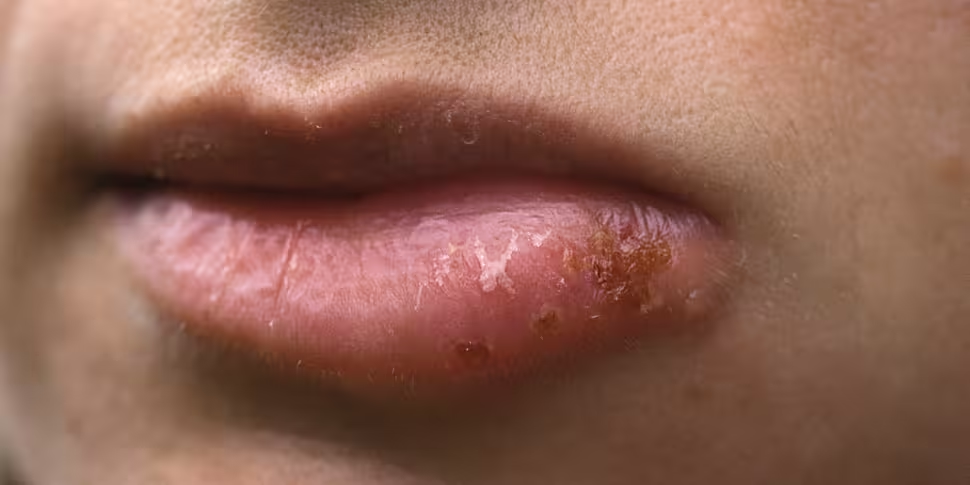Herpes is a “common infection” that is no cause for stigma and shame, a sexual health expert has said.
According to Dr Aisling Loy, roughly 80% of people in Ireland have some form of herpes – but only one-third show symptoms.
“It’s the poor people who get the symptoms who live this life of fear, stigma and shame,” she told The Pat Kenny Show.
“The absolute distress it causes – I see people weeping and so upset in clinics over it.”
Dr Loy has called for people to have more open discussions around sexual health and truly understand what herpes is – a “common infection that doesn’t cause any harm”.
“It's not a killer infection, it’s a tiny minor skin irritation that can happen,” she said.
“It causes so much shame and stigma compared to what it actually is.”
Dr Loy explained there are ‘hundreds’ of herpes variants – with only eight variants that humans can contract.
These variants include chickenpox, glandular fever and the one most people think of when they think of the infection – genital herpes.
People can contract HSV-1 or HSV-2 from sexual contact, with HSV-1 being the most common in Ireland.
Herpes vaccine 'on the horizon'
There was a 5% increase in genital herpes in 2023 amid a general increase in sexually transmitted diseases in Ireland.
Dr Loy said people should keep in mind how common genital herpes is – and what little harm it causes.
“It's not really that much different getting a cold sore on your mouth as to getting it on [your genitals],” she said.
“In fact, it’s nearly less socially obvious than it is on the face.”
People should also keep in mind that they might have herpes without realising if their immune system has kept the infection dormant.
“The only way they’ll often find out is when their partner develops symptoms,” Dr Loy said.
A vaccine for herpes one and two is not yet available – although Dr Loy said the quick development of an mRNA vaccine during the COVID-19 pandemic suggests a herpes vaccine is “definitely on the horizon”.
Listen back here:









